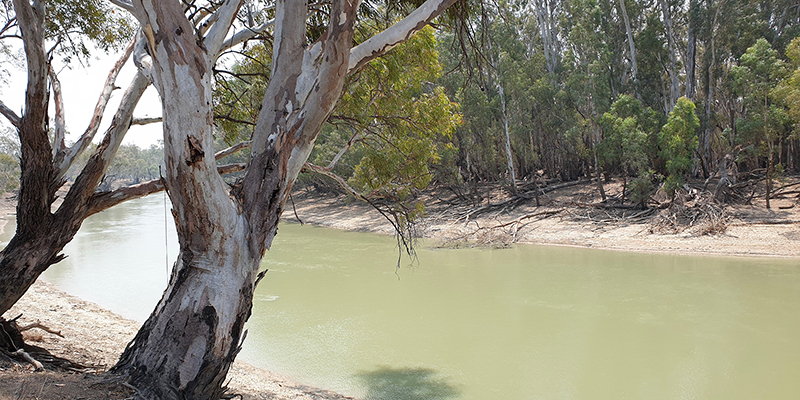Review puts Local Water Utilities funding under the microscope
The NSW Government has announced a robust independent review into the funding arrangements for Local Water Utilities across the state including water rebates for pensioners.
The NSW Productivity Commission’s review will focus on remote and socioeconomically disadvantaged communities that have some of the highest water bills and water security risks.
“Local Water Utilities rely solely on water and sewerage charges to fund the operation and maintenance of infrastructure, but 69 per cent have less than 10,000 customers and a third have less than 2,000,” Acting Chief Operating Officer for the Department of Planning and Environment – Water, Ashraf El-Sherbini, said.
“The numbers don’t add up, particularly in remote areas like Western NSW, where it is becoming harder to deliver services that are sustainable and financially viable.
“For example, the Central Darling Shire supplies water and sewerage services to an area the size of Tasmania but has less than 2,000 connections and generates around $1.3 million a year in revenue.
“This barely covers staff wages let alone maintenance, upgrades or even the cost of chemicals to treat water which means they must find money from other sources to keep the plants operating which presents a serious risk to water quality and security.”
While the NSW Government funds new and upgraded infrastructure and has a range of water rebates in place, the review will look at sustainable funding models that consider ongoing operating costs for water and sewerage and whether pensioner rebates are fair and equitable.
“It will go hand-in-hand with the NSW Government’s Parliamentary Inquiry that will examine how local water utilities can be protected from privatisation and forced amalgamation,” Mr El-Sherbini said.
The Productivity Commission will carry out consultation with Local Councils, Local Water Utilities, industry groups, NSW Government agencies and other stakeholders. It will also look at previous reviews and research along with historical operational data, financial performance and draw on best practice in other jurisdictions.
The Productivity Commission will complete its recommendations by June 2024.
The average annual water bill for people who live in areas with less than 2,000 connections is $1,525 per annum compared with $1,410 in locations with 2,000 to 10,000 connections.
